Historical sites in nigeria
Today All Day: Discover the Top Historical Sites in Nigeria for Your Next Trip
Nigeria, a land of rich cultural heritage and diverse landscapes, boasts a plethora of historical sites that beckon travelers from across the globe. From ancient rock formations to colonial-era structures, the country’s historical tapestry is as varied as it is fascinating. This comprehensive guide will take you on a journey through Nigeria’s most captivating historical sites, ensuring your next trip is brimming with awe-inspiring experiences and cultural enlightenment.
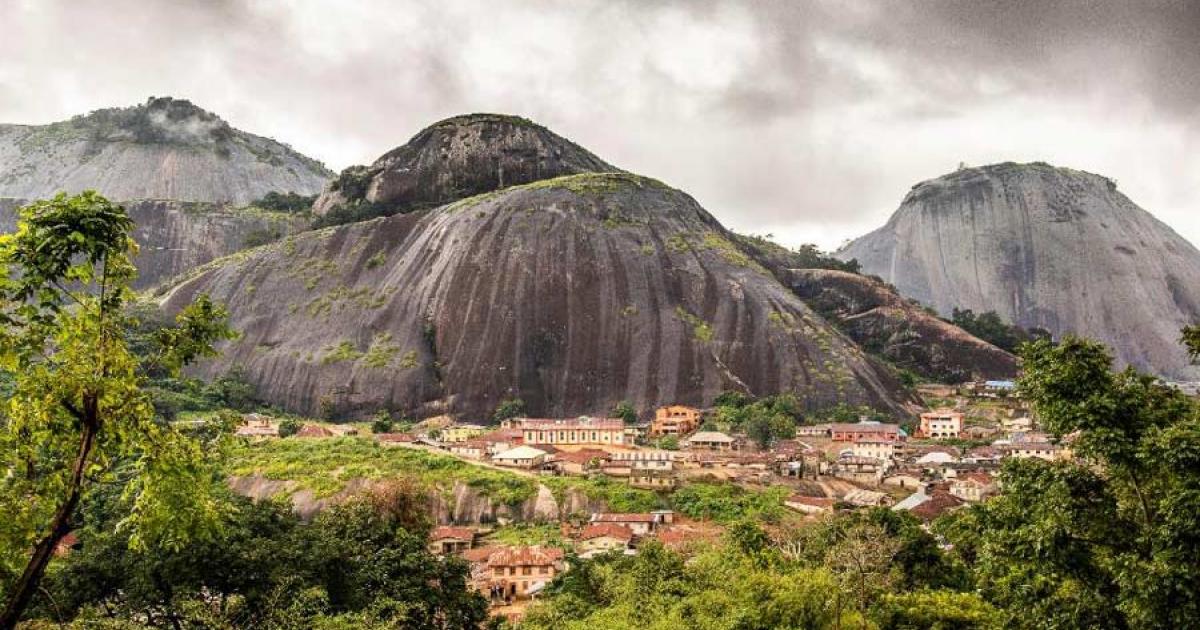
Idanre Hill:
Nestled in Ondo State, Idanre Hill is a mesmerizing cluster of hills that have stood the test of time for centuries. This UNESCO World Heritage Site candidate is a testament to nature’s artistry and human resilience. The hill features 640 steps that lead to a plateau where visitors can explore ancient buildings, a thunderbolt shrine, and even an old court. The breathtaking panoramic views from the summit make the ascent worthwhile, offering a glimpse into the verdant landscapes that characterize this region of Nigeria.
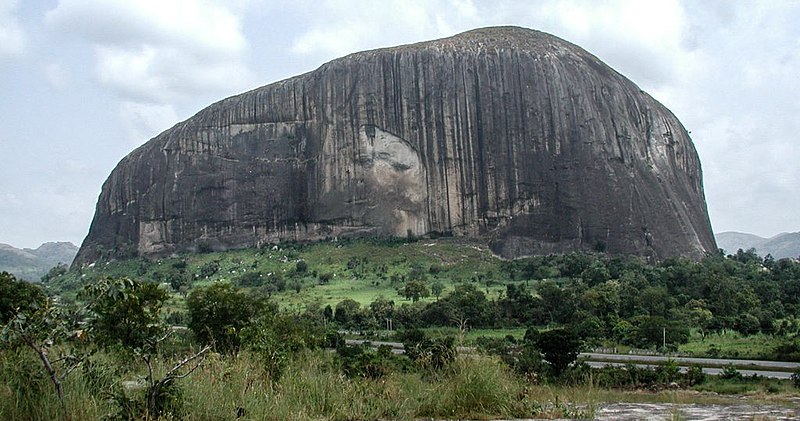
Zuma Rock:
Towering at 725 meters, Zuma Rock is an iconic monolith that dominates the skyline near Abuja, Nigeria’s capital city. Often referred to as the “Gateway to Abuja,” this natural wonder has been a source of local legends and myths for generations. Its imposing presence and distinctive features, including what appears to be a human face on its northern face, have made it a popular spot for both tourists and rock climbers. The rock’s cultural significance is underscored by its appearance on the 100 Naira note, cementing its status as a national symbol.
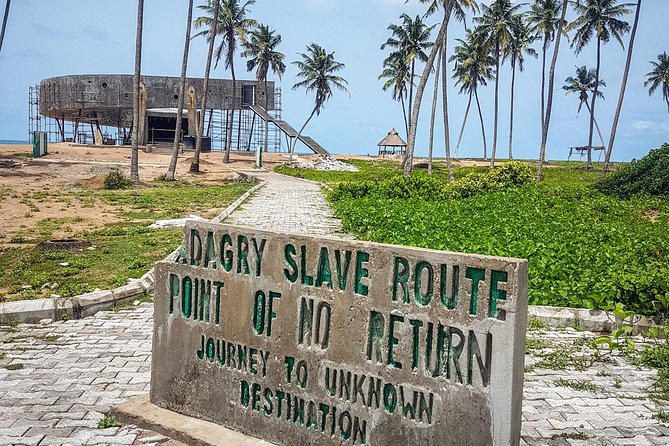
Gberefu Island:
Gberefu Island, also known as the Point of No Return, is a poignant reminder of Nigeria’s role in the transatlantic slave trade. Located in Badagry, Lagos State, this island served as the final departure point for countless Africans forced into slavery. Today, visitors can walk the same path taken by enslaved people, culminating in a visit to the Point of No Return monument. This somber experience offers a powerful reflection on human history and the resilience of the African spirit.
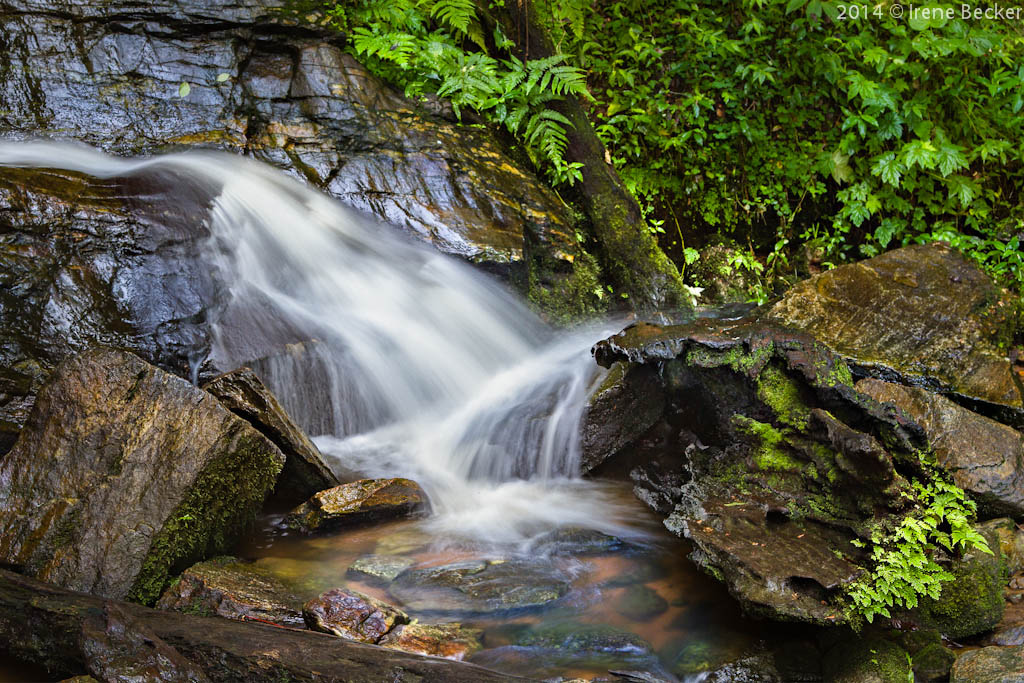
Erin Ijesha Waterfall:
The Erin Ijesha Waterfall, also known as Olumirin Waterfall, is a natural wonder located in Osun State. This seven-tiered waterfall cascades down rocky steps, creating a mesmerizing spectacle of water and mist. Each level of the waterfall offers unique views and challenges for hikers. Local folklore attributes mystical properties to the water, adding an air of mystery to this already enchanting site. The surrounding lush forest provides a perfect backdrop for nature enthusiasts and photographers alike.
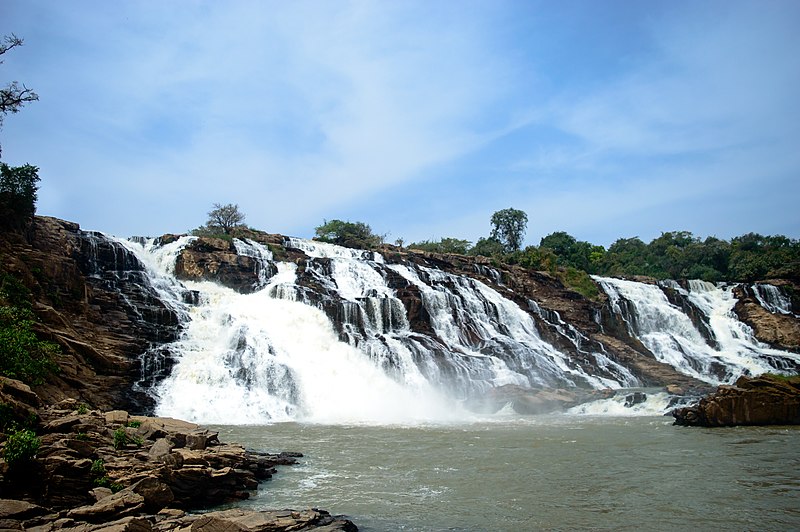
Gurara Waterfalls:
Situated in Niger State, the Gurara Waterfalls present a spectacular display of nature’s raw power. During the rainy season, these falls transform into a thunderous torrent of water, plunging 30 meters into the gorge below. The mist created by the falls nurtures a unique ecosystem of flora and fauna in the surrounding area. Visitors can enjoy picnicking, bird watching, and photography while basking in the serene atmosphere of this natural wonder.
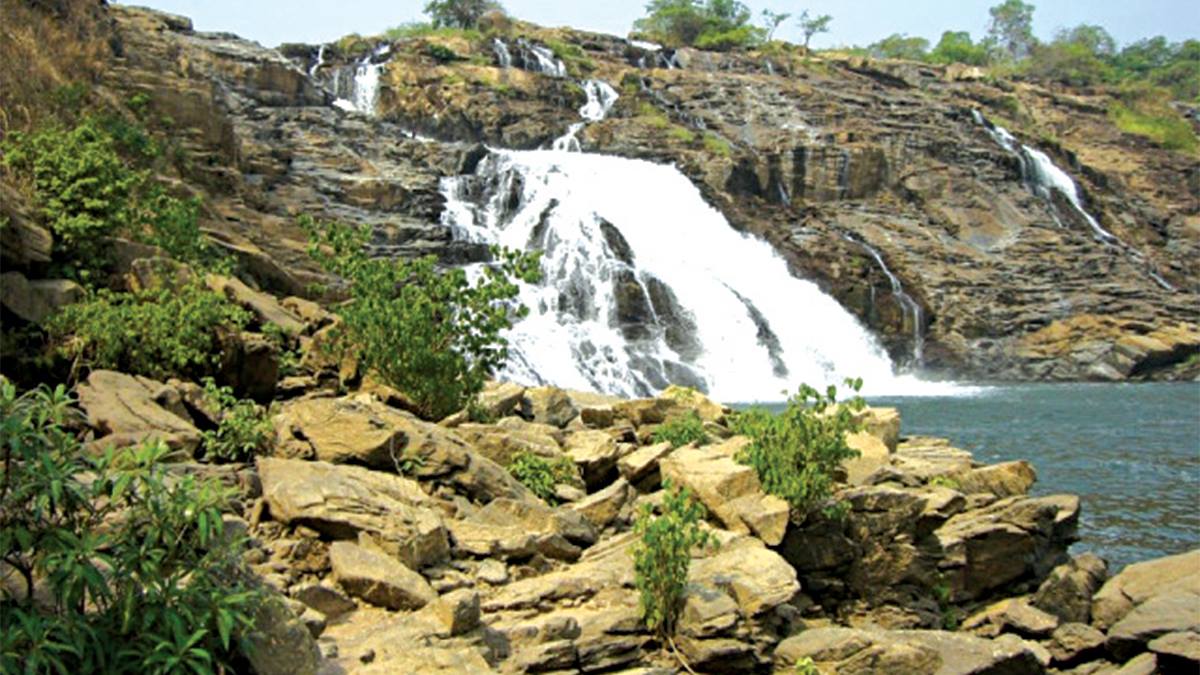
Ikogosi Warm Springs:
The Ikogosi Warm Springs in Ekiti State offer a rare geological phenomenon where warm and cold springs converge. This natural wonder has been transformed into a popular resort, allowing visitors to enjoy the therapeutic properties of the warm spring while marveling at the unusual meeting of temperatures. The lush, hilly environment surrounding the springs provides excellent hiking opportunities and a chance to immerse oneself in the local flora and fauna.
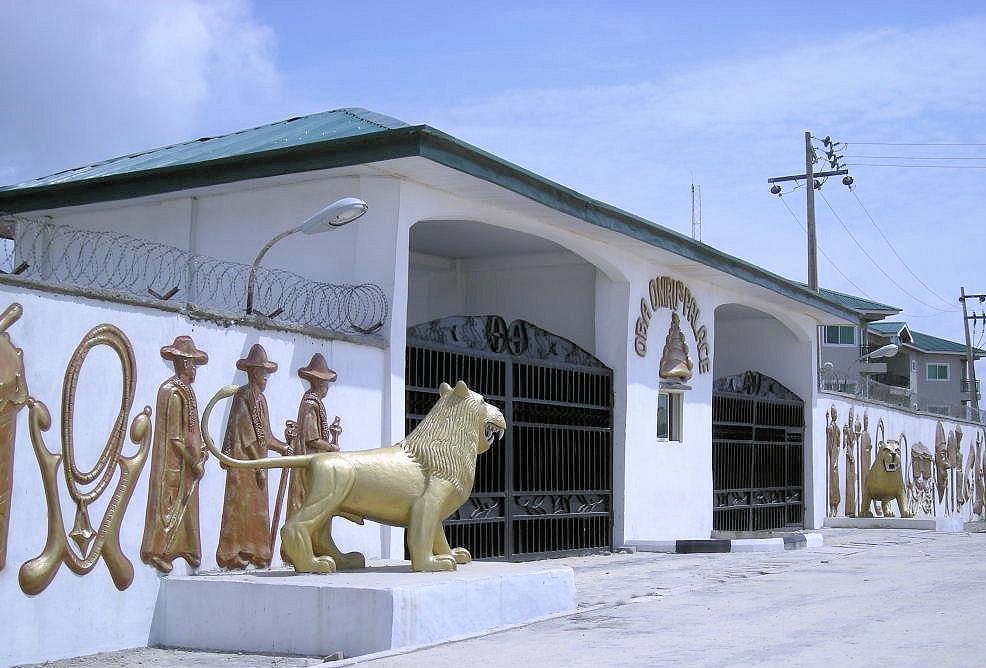
Iga Idunganran:
Iga Idunganran, the palace of the Oba of Lagos, stands as a testament to the rich cultural heritage of the Yoruba people. This historical edifice, located in the heart of Lagos Island, has been the seat of Lagos monarchs since the 17th century. The palace’s architecture blends traditional Yoruba design with colonial influences, creating a unique aesthetic that reflects Lagos’s complex history. Visitors can explore the palace grounds and learn about the rituals and traditions that have shaped Lagos’s royal lineage.
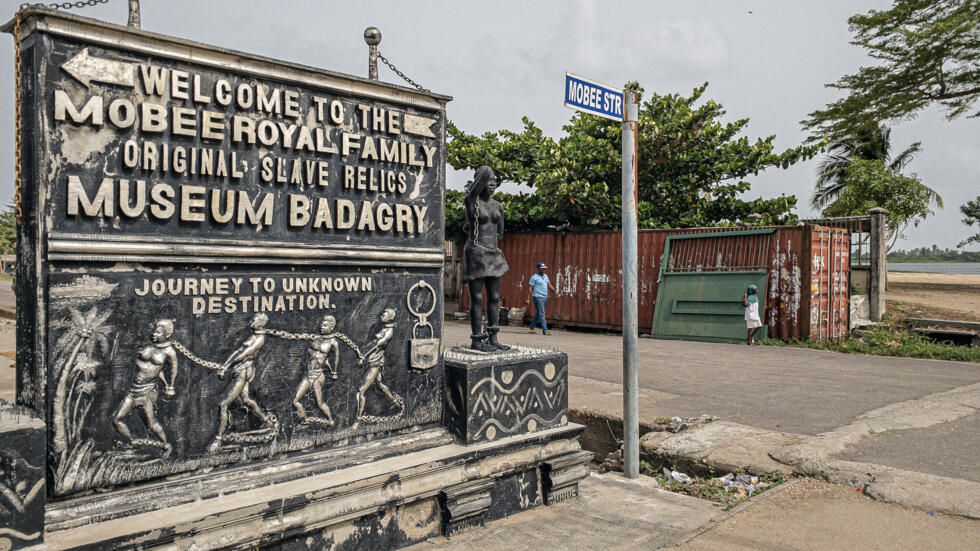
The Badagry Heritage Museum, housed in a former district officer’s office from the colonial era, offers a stark look into Nigeria’s slave trade history. The museum’s exhibits chronicle the harrowing journey of enslaved Africans from capture to transportation across the Atlantic. Artifacts, including chains and other instruments of bondage, provide a tangible connection to this dark period of history. The museum serves as an important educational resource, ensuring that the lessons of the past are not forgotten.
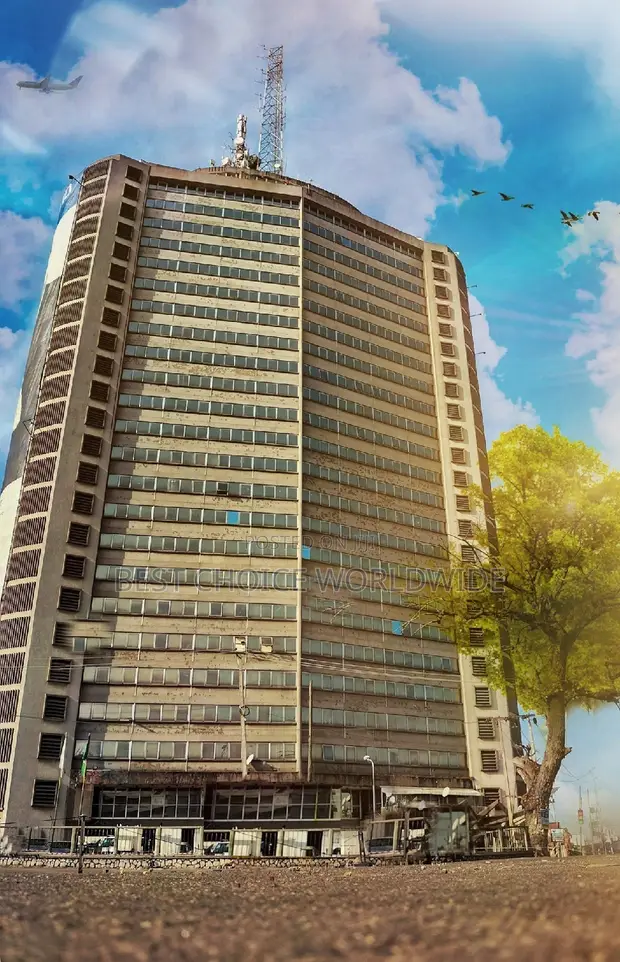
Cocoa House Ibadan:
Once the tallest building in tropical Africa, the Cocoa House in Ibadan stands as a symbol of Nigeria’s agricultural prowess. Built in 1965 with proceeds from cocoa exports, this 26-story skyscraper offers panoramic views of Ibadan, the largest city in West Africa. The building’s history is intertwined with Nigeria’s economic development, reflecting the country’s transition from an agrarian to a more diversified economy. Today, it houses offices and serves as a reminder of Ibadan’s historical importance in Nigeria’s cocoa trade.
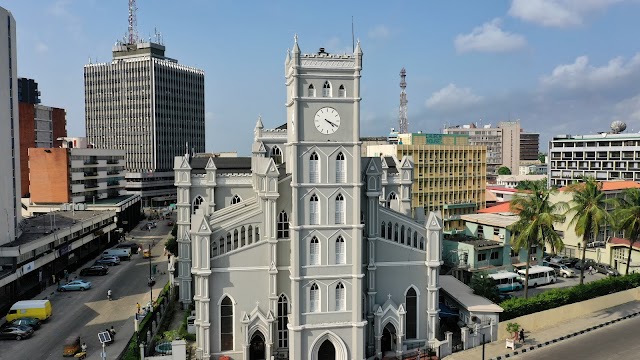
Cathedral Church of Christ, Marina, Lagos:
The Cathedral Church of Christ on Marina in Lagos is an architectural marvel that blends Gothic and Baroque styles. Completed in 1946, this Anglican cathedral stands as one of the oldest churches in Nigeria. Its stunning stained-glass windows, intricate woodwork, and imposing bell tower make it a must-visit for architecture enthusiasts. The cathedral’s historical significance extends beyond its religious function, as it has been a witness to many pivotal moments in Lagos’s history.
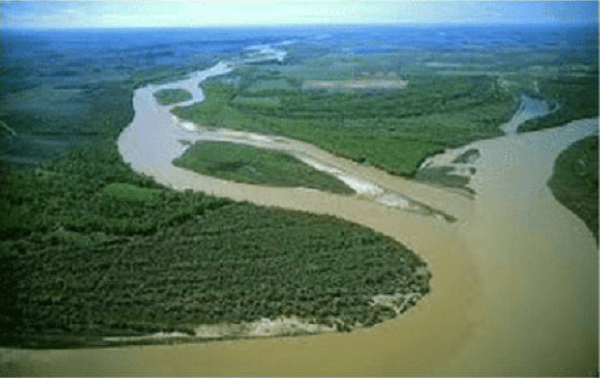 The Lokoja Confluence, Kogi State:
The Lokoja Confluence, Kogi State:
The confluence of the Niger and Benue rivers at Lokoja offers a spectacular natural phenomenon and a site of historical importance. This meeting point of Nigeria’s two largest rivers has played a crucial role in trade and transportation for centuries. The nearby Mount Patti provides an excellent vantage point to witness this majestic confluence. The area is steeped in colonial history, with remnants of early European settlements still visible, offering insights into Nigeria’s complex past
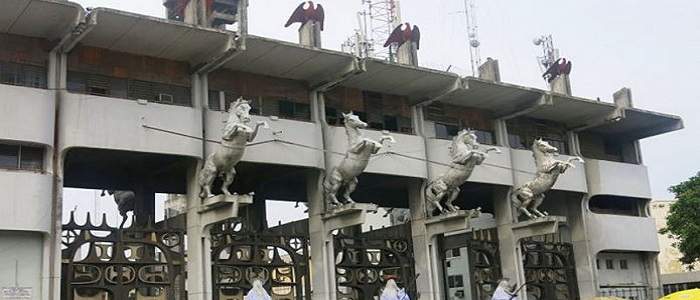
Tafawa Balewa Square, Lagos:
Named after Nigeria’s first Prime Minister, Tafawa Balewa Square in Lagos is a national monument that has been at the center of many historical events. This 14.5-hectare square was where Nigeria’s independence was declared in 1960. The square is flanked by imposing statues of four white horses and seven red eagles, symbolizing strength and freedom. Today, it serves as a venue for national events and celebrations, continuing its role as a focal point of Nigerian civic life.
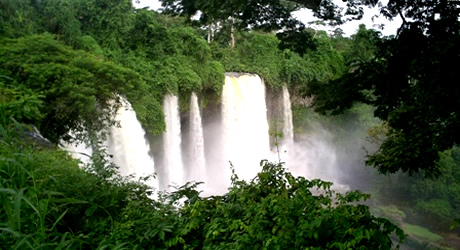
Agbokim Waterfall, Cross River State:
The Agbokim Waterfall in Cross River State is a hidden gem that showcases Nigeria’s natural beauty. This seven-stream waterfall cascades over steep cliffs, creating a mesmerizing spectacle. The surrounding rainforest adds to the waterfall’s allure, providing a habitat for diverse flora and fauna. Visitors can enjoy guided tours that explain the local legends associated with the falls and explore the nearby cocoa plantations, gaining insight into the region’s agricultural heritage.

The Birnin Kudu Rock Paintings offer a fascinating glimpse into Nigeria’s prehistoric past. These ancient rock art sites, dating back thousands of years, feature intricate depictions of animals, human figures, and geometric patterns. The paintings provide valuable insights into the lives and beliefs of early inhabitants of the region. Despite their age, many of these paintings remain remarkably well-preserved, offering archaeologists and visitors alike a window into a long-lost world.
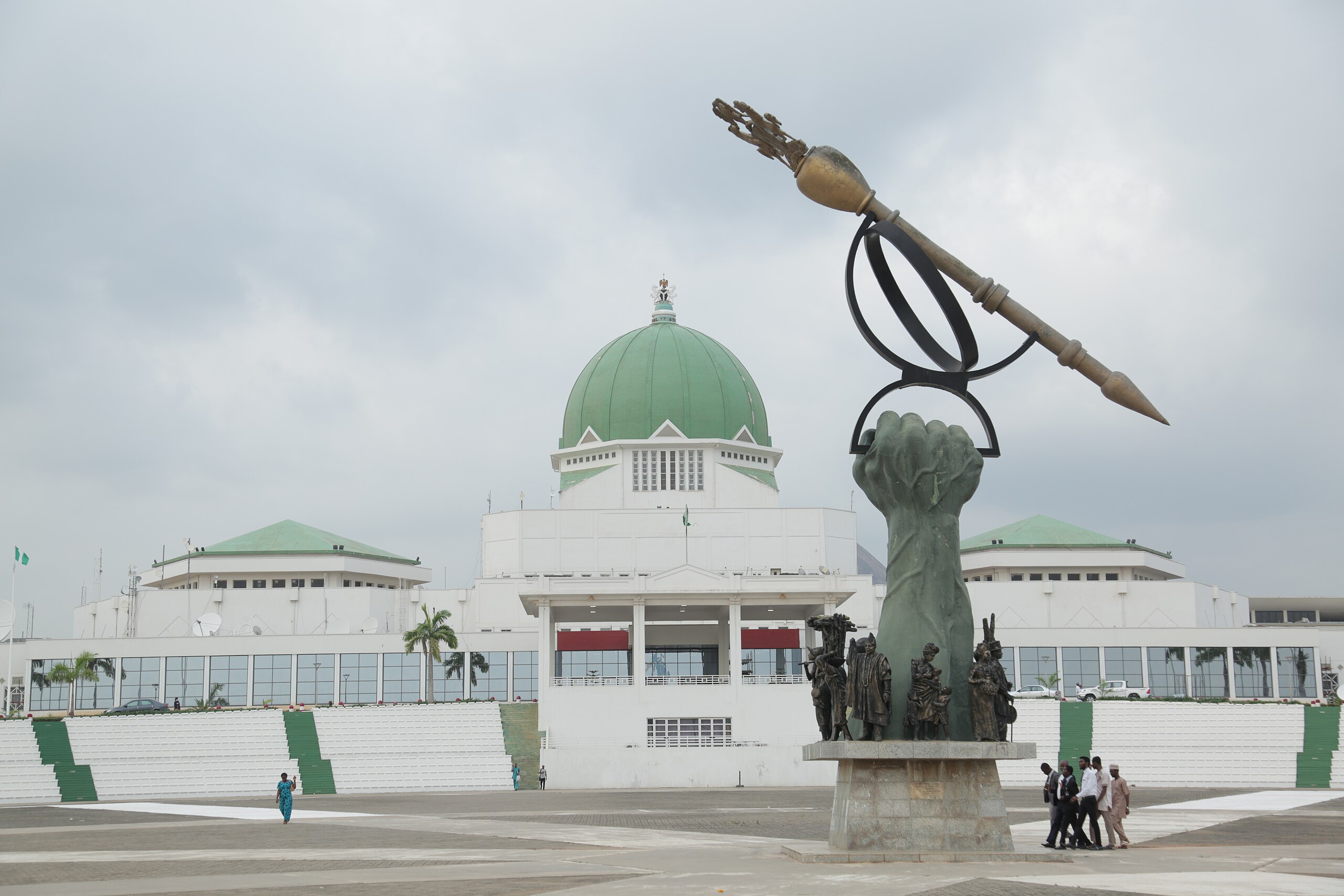
National Assembly Complex, Abuja, Nigeria:
The National Assembly Complex in Abuja stands as a symbol of Nigeria’s democracy. This impressive structure, with its distinctive white domes, houses both chambers of Nigeria’s bicameral legislature. The complex’s architecture blends modern design with traditional African motifs, reflecting Nigeria’s cultural diversity. While access to the interior is restricted, the exterior offers excellent photo opportunities and a chance to witness the heart of Nigeria’s political system.
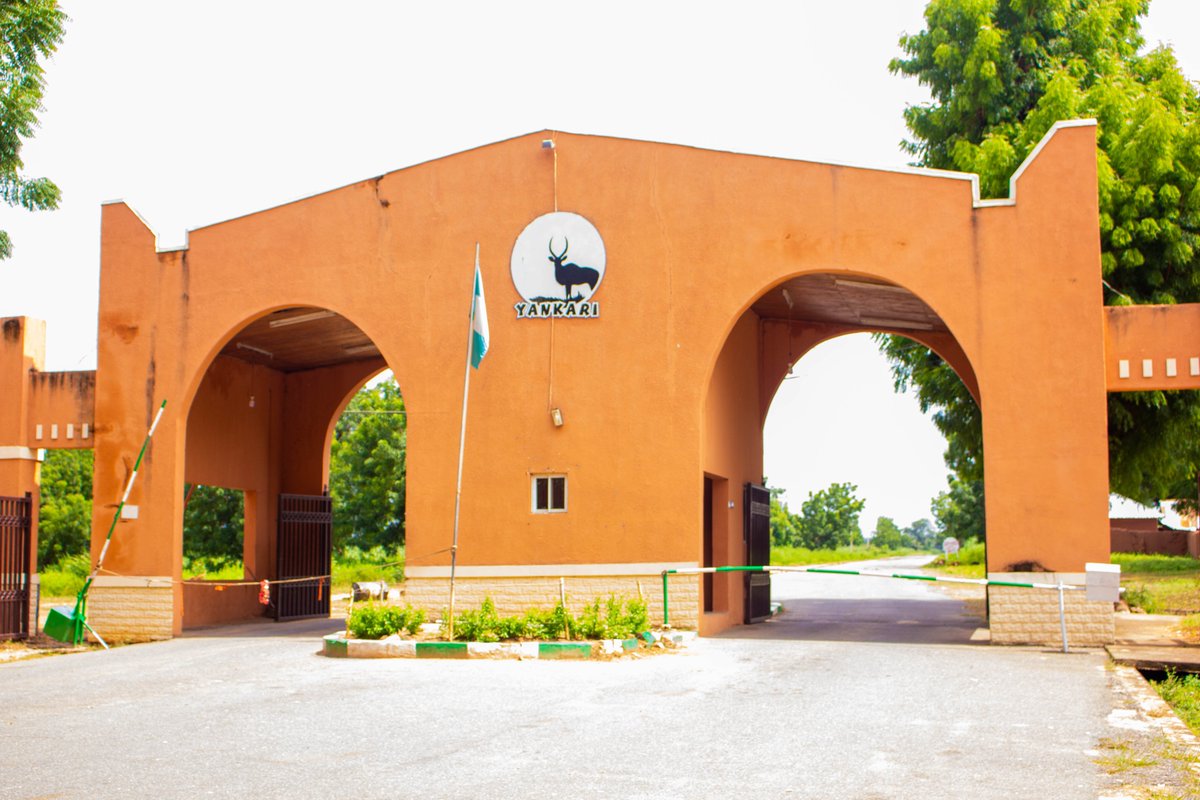
Yankari National Park, located in Bauchi State, is not only a haven for wildlife enthusiasts but also a site of historical significance. The park is home to ancient rock paintings and iron smelting sites that date back to the Stone Age. The Marshall Caves within the park contain fascinating rock engravings, offering insights into the area’s early inhabitants. Besides its historical aspects, Yankari is renowned for its diverse wildlife, including elephants, baboons, and various antelope species, making it a must-visit destination for nature lovers.
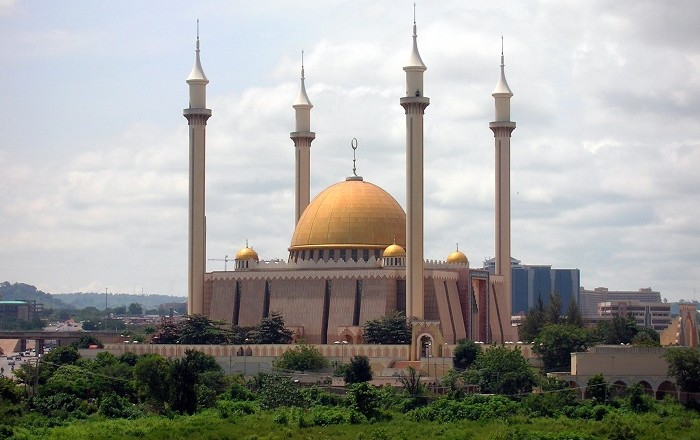
Abuja National Mosque, Abuja:
The Abuja National Mosque, with its golden dome and towering minarets, is an architectural masterpiece that dominates the skyline of Nigeria’s capital. Completed in 1984, this mosque serves as the main Islamic center for the country. Its stunning design incorporates elements of traditional Islamic architecture with modern aesthetics. The mosque’s spacious courtyard and intricate decorations make it a popular destination for both worshippers and tourists, symbolizing Nigeria’s religious diversity.
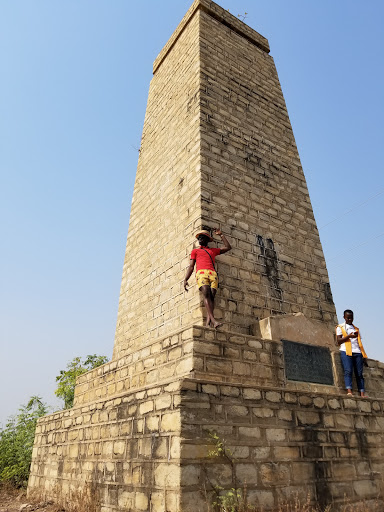
Mungo Park Monument, Kwara State:
The Mungo Park Monument in Jebba, Kwara State, commemorates the Scottish explorer who played a significant role in mapping the course of the Niger River. This historical site marks the spot where Mungo Park’s journey along the Niger River came to an end in 1806. The monument serves as a reminder of the early European exploration of West Africa and the complex history of interactions between African kingdoms and European powers during the colonial era.
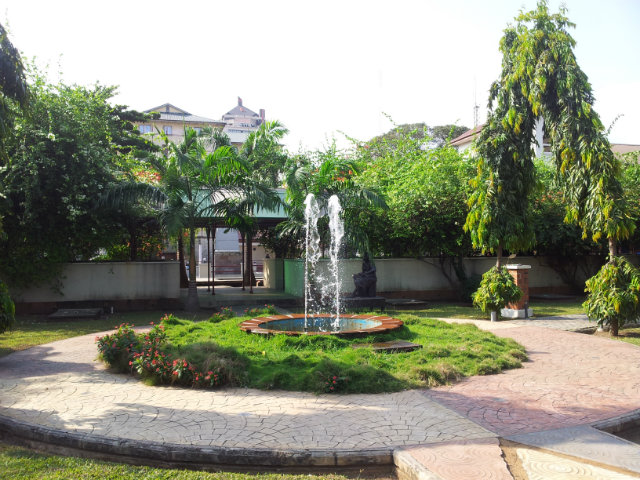
Freedom Park Lagos, Lagos:
Freedom Park in Lagos is a poignant reminder of Nigeria’s struggle for independence. Once the site of a colonial prison, this park has been transformed into a leisure and recreational space that honors the country’s journey to freedom. The park features relics from its days as a prison, including cell blocks that now serve as museums and galleries. With its beautiful landscaping, amphitheater, and historical exhibits, Freedom Park offers visitors a unique blend of relaxation and historical reflection in the heart of Lagos.
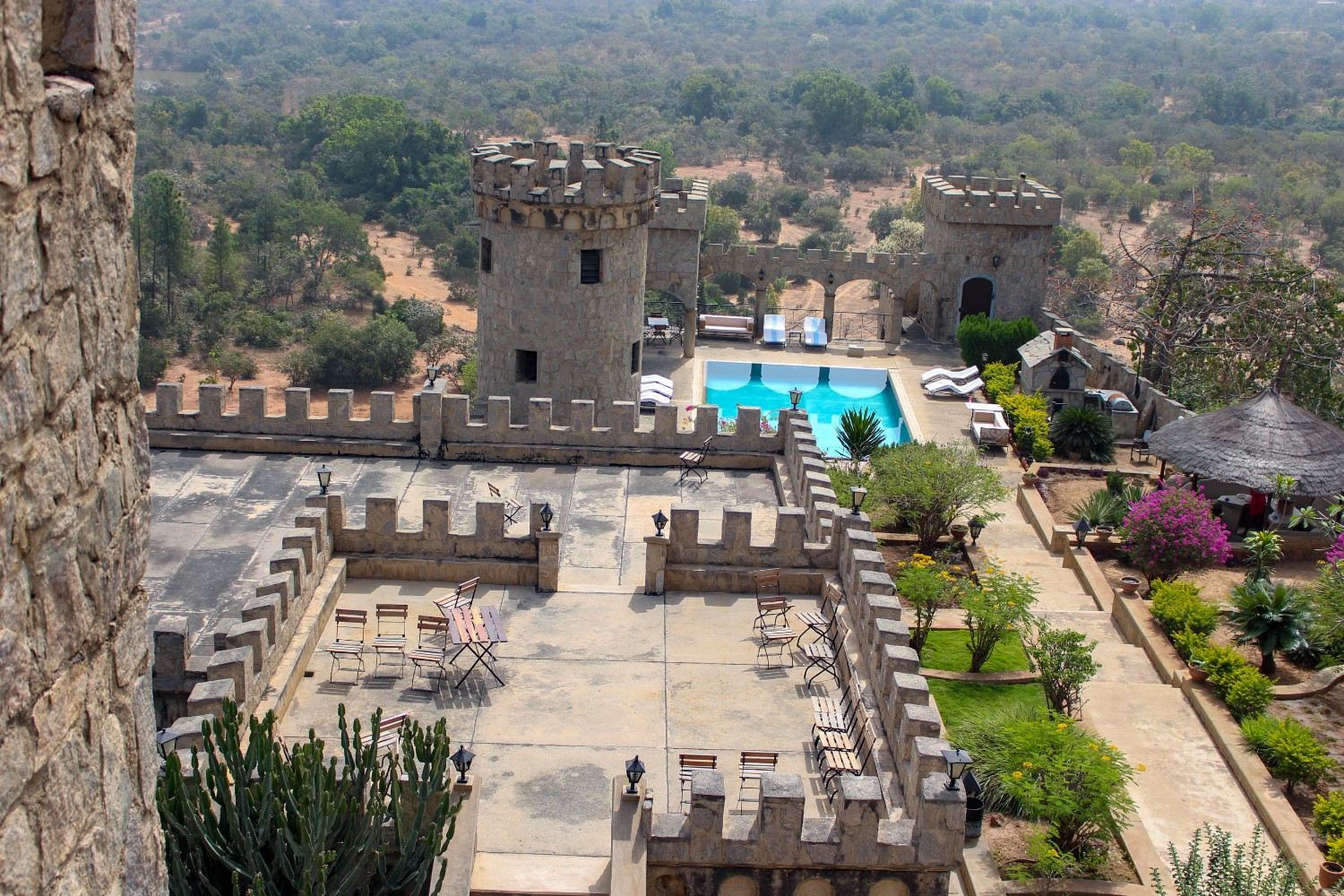
Kajuru Castle, Kaduna State:
Perched atop a hill in Kaduna State, Kajuru Castle is an unexpected sight in the Nigerian landscape. This medieval-style fortress, complete with turrets and dungeons, was built in the 1970s by a German expatriate. While not ancient, the castle has become a popular tourist attraction, offering a unique blend of European architecture in an African setting. Visitors can explore the castle’s rooms, enjoy panoramic views from its towers, and even stay overnight for a truly immersive experience.

The Ada Palm Plantation in Imo State offers a glimpse into Nigeria’s agricultural heritage. Established in the 1960s, this vast plantation was once one of the largest palm oil producers in West Africa. Today, visitors can tour the plantation, learning about the process of palm oil production and its significance to Nigeria’s economy. The lush greenery of the palm trees stretching as far as the eye can see provides a striking contrast to the country’s urban landscapes.

Ngwo-Pine-Forest, Enugu State:
The Ngwo Pine Forest in Enugu State is a man-made wonder that has transformed into a natural paradise. Created during the colonial era as a timber plantation, this forest has evolved into a diverse ecosystem and a popular eco-tourism destination. Visitors can enjoy hiking trails that wind through the towering pine trees, leading to scenic viewpoints and hidden caves. The forest’s misty atmosphere, especially in the early morning, creates an almost ethereal experience for nature lovers and photographers.
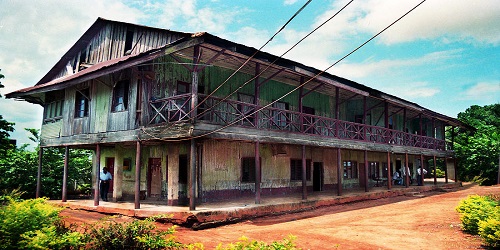
Mungo Park House, Asaba, Delta State:
The Mungo Park House in Asaba, Delta State, is another historical site associated with the famed Scottish explorer. This colonial-era building served as a base for Mungo Park during his expeditions along the Niger River. Today, the house has been converted into a museum, showcasing artifacts and information related to Park’s explorations and the early colonial period in Nigeria. The museum provides valuable insights into the complex interactions between European explorers and local communities during this pivotal period in Nigerian history.
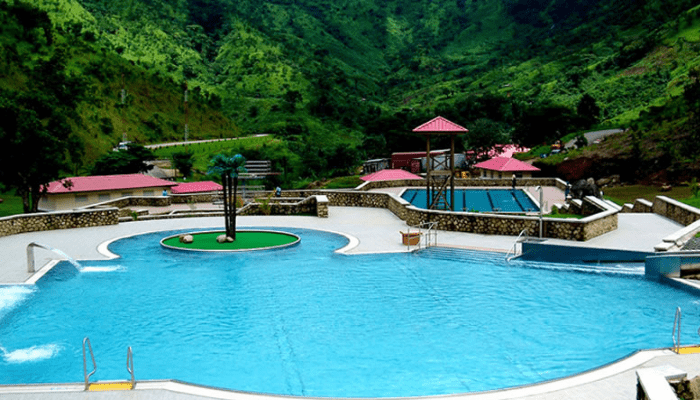
Obudu Mountain Resort, Cross River State:
Perched high in the Obudu Plateau, the Obudu Mountain Resort offers a unique blend of natural beauty and modern amenities. While primarily known for its stunning vistas and cool climate, the resort area also has historical significance. The surrounding highlands have been inhabited for centuries by the Becheve people, whose culture and traditions add depth to the visitor experience. The resort’s cable car, one of the longest in Africa, provides breathtaking views of the surrounding mountains and valleys, making it a must-visit destination for both history buffs and nature enthusiasts.

Slave History Museum, Calabar:
The Slave History Museum in Calabar offers a sobering look at Nigeria’s role in the transatlantic slave trade. Housed in a building that once served as a slave warehouse, the museum presents a comprehensive narrative of this dark period through artifacts, documents, and multimedia displays. Visitors can learn about the capture, transport, and sale of enslaved Africans, as well as the resistance and eventual abolition of the slave trade. The museum serves as an important educational resource, ensuring that this crucial aspect of Nigerian and world history is not forgotten.
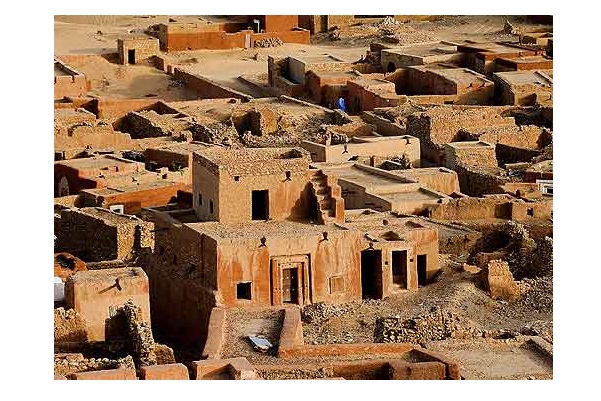
Ancient Nok Settlement, Jaba, Kaduna:
The Ancient Nok Settlement in Jaba, Kaduna State, is an archaeological treasure trove that has yielded some of Africa’s oldest known terracotta sculptures. Dating back to around 500 BCE, the Nok culture is renowned for its advanced iron-working techniques and sophisticated artwork. Visitors to the site can see ongoing excavations and learn about the daily life of this ancient civilization. The Nok terracotta figurines, with their distinctive features and elaborate hairstyles, provide fascinating insights into the artistic and cultural practices of early West African societies.

Agodi Gardens, Oyo State:
Agodi Gardens in Ibadan, Oyo State, offers a serene escape from the bustling city life. Originally established in 1967, this urban park has a rich history intertwined with Ibadan’s development. The gardens feature well-manicured lawns, a mini zoo, and a lake, providing a perfect setting for relaxation and recreation. Historical markers throughout the park tell the story of Ibadan’s growth and the garden’s role in the city’s social life. It’s a place where history and nature converge, offering visitors a unique perspective on urban development in Nigeria.
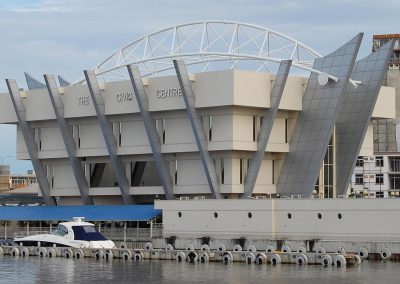
The Civic Centre, Victoria Island, Lagos:
The Civic Centre on Victoria Island, Lagos, represents a blend of modern architecture and historical significance. While the current building is contemporary, the site has long been an important gathering place for Lagos’s elite. The centre hosts cultural events, art exhibitions, and conferences that celebrate Nigeria’s rich heritage and contemporary achievements. Its waterfront location offers stunning views of the Lagos Lagoon, connecting visitors to the city’s maritime history and its ongoing role as a major West African port.

Mary Slessor Roundabout, Calabar:
The Mary Slessor Roundabout in Calabar pays homage to the Scottish missionary who played a significant role in ending the practice of twin infanticide in parts of Nigeria. This monument features a statue of Mary Slessor holding twin babies, symbolizing her efforts to protect and care for twins who were once considered taboo in some Nigerian cultures. The roundabout serves as a reminder of the complex interactions between missionaries and local communities during the colonial era, and the lasting impact of cultural exchange
Conclusion:
Nigeria’s historical sites offer a captivating journey through time, from ancient civilizations to colonial influences and the struggle for independence. Each location tells a unique story, contributing to the rich tapestry of Nigerian history and culture. Whether you’re drawn to natural wonders, architectural marvels, or poignant reminders of the past, Nigeria’s diverse historical sites promise an unforgettable experience. As you plan your next trip, consider exploring these remarkable destinations to gain a deeper understanding of Nigeria’s complex and fascinating history.
